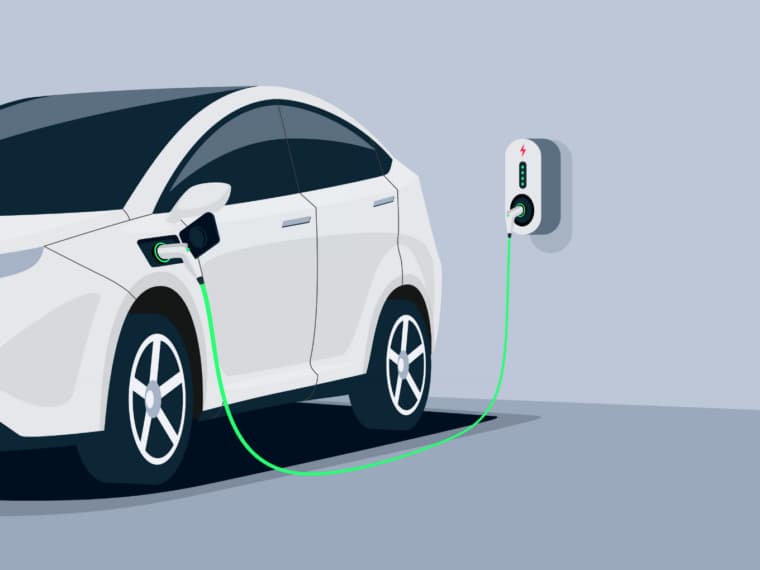
Maharashtra, Karnataka, Tamil Nadu, Gujarat, Rajasthan, and Uttar Pradesh accounted for more than 60% of the total sales under the Centre’s FAME-II scheme
In total, more than 8.59 Lakh EVs have so far been sold across the country under the scheme
The data comes in the backdrop of reports that government had stopped disbursing incentives to multiple OEMs for flouting guidelines
Maharashtra has so far seen the highest number of electric vehicle (EV) sales in the country under the second phase of the Faster Adoption and Manufacturing of Electric Vehicles (FAME) scheme.
Karnataka took the second spot, followed by Tamil Nadu, Gujarat, Rajasthan and Uttar Pradesh. Together, these six states accounted for more than 60% of the total sales, so far, under the EV promotion scheme.
In total, more than 8.59 Lakh EVs have so far been sold under the scheme. Of these, a majority, around 7.7 Lakh, were two-wheelers, while 79,583 were three-wheeler EVs.
As per available data, 1.45 Lakh EVs, including 1.4 Lakh two-wheelers and 746 four-wheelers, have so far been sold in Maharashtra that have claimed subsidies under the scheme.
Karnataka, the home to some of the biggest EV players in the country, clinched the second spot on the list, selling more than 1.2 Lakh EVs. Of these, around 1.13 Lakh two-wheeler EVs availed subsidies under FAME-II, while 1,360 four-wheeler EVs benefited from the scheme.
In the four-wheeler EV market, Delhi led the charts with 2,995 EV sales, followed by Karnataka (1,360), Maharashtra (746) and Telangana (430).
As many as 139 EV models are eligible for the scheme. The government has disbursed INR 3,805 Cr as incentives under the second Phase of the Centre’s ambitious scheme.
With a total outlay of INR 10,000 Cr, the FAME-II scheme allows EV makers to offer a discount of up to 40% on the cost of their vehicles and claim that as subsidies. Under the initiative, original equipment manufacturers (OEMs) are mandated to install at least 50% of locally-manufactured components in their EVs to claim the subsidy.
Earlier this week, it was widely reported that the Centre stopped disbursing incentives to OEMs Hero Electric and Okinawa Autotech for not adhering to the minimum local component requirement mandate of the government.
The union government has now begun an investigation into the import of components by many local EV players and is mulling a legal approach to claim the wrongly claimed subsidies.
Meanwhile, the EV manufacturers are up in arms against the government’s decision to suspend subsidies and have claimed that they have already passed these incentives to the government and any delay in releasing these incentives could lead to heavy losses.
After a vibrant 2022, January 2023 emerged as the third consecutive month that saw a decline in the sales of two-wheeler EVs. As per government data, the total 2W EV registrations fell marginally to 64,298 units last month, down from 64,527 units in December 2022.




 Fintech
Fintech Travel Tech
Travel Tech Electric Vehicle
Electric Vehicle Health Tech
Health Tech Edtech
Edtech IT
IT Logistics
Logistics Retail
Retail Ecommerce
Ecommerce Startup Ecosystem
Startup Ecosystem Enterprise Tech
Enterprise Tech Clean Tech
Clean Tech Consumer Internet
Consumer Internet Agritech
Agritech































